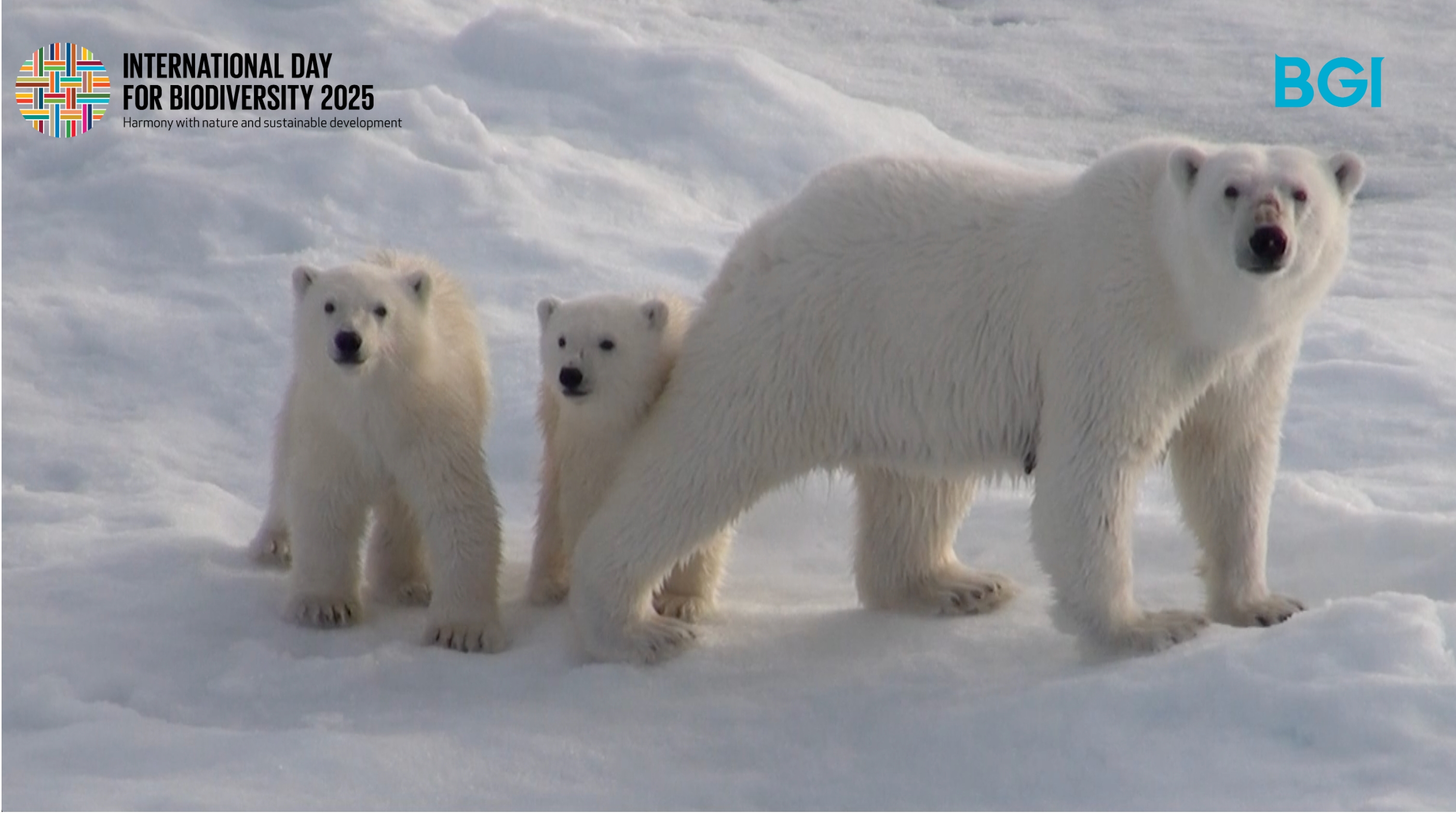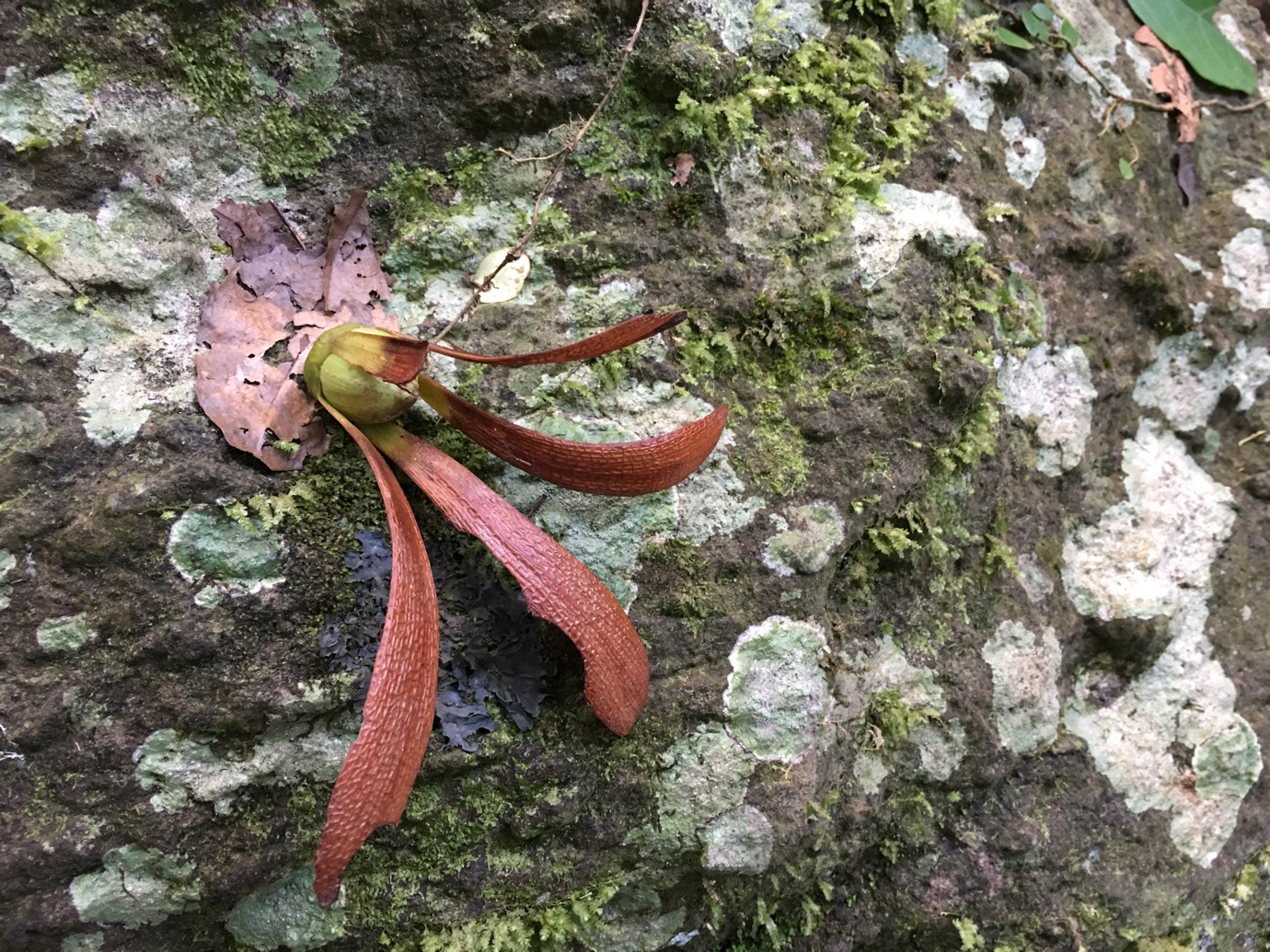Biodiversity is the foundation of life on Earth—and on May 22, 2025, the world comes together to recognize its importance during the International Day for Biological Diversity under the theme “Harmony with Nature and Sustainable Development.”
 The theme of International Day for Biodiversity (IDB) 2025 is “Harmony with Nature and Sustainable Development.”
The theme of International Day for Biodiversity (IDB) 2025 is “Harmony with Nature and Sustainable Development.”
Biological diversity resources are the pillars upon which we build civilizations. Fish provide 20 per cent of animal protein to about 3 billion people. Over 80 per cent of the human diet is provided by plants. As many as 80 per cent of people living in rural areas in developing countries rely on traditional plant‐based medicines for basic healthcare.
The decline of biodiversity poses a serious threat not only to ecosystems but also to human health, influencing everything from food security to access to medicine and the prevention of disease. Scientific evidence shows that biodiversity loss can increase the risk of zoonotic diseases—those transmitted from animals to humans. Conversely, preserving biodiversity provides valuable natural defenses against pandemics, including those caused by coronaviruses.
BGI Group has responded to this call with concrete actions, demonstrating its firm commitment to biodiversity conservation. To protect global biodiversity and support sustainable development, BGI has launched and participated in a series of large-scale genomic research initiatives. These efforts not only advance scientific understanding but also provide practical tools to monitor, conserve, and sustainably use biological resources.
As climate change accelerates habitat loss, species such as polar bears, penguins, and Tibetan antelopes face growing threats. In response, BGI, in collaboration with other research institutions, launched the "World Three Poles" Animal Genomes Project in 2009. The research team utilized advanced genome sequencing technologies to produce high-quality genome maps of these species, facilitating in-depth genome-level analyses. This initiative aims to decode life in extreme environments—from polar regions to high-altitude plateaus—and reflects BGI's commitment to exploring the diversity of life on Earth.
In 2018, a more ambitious and comprehensive biological genome sequencing initiative was conceived. The Earth BioGenome Project (EBP), jointly initiated by BGI and more than a dozen scientific research institutions globally, is a global scientific initiative aimed at sequencing the genomes of approximately 1.67 million species of plants, animals, fungi, and other microorganisms—essentially all known eukaryotic species, or organisms with complex cells—to better understand biodiversity.
The project formed a worldwide research network focused on the origin and evolution of life and biodiversity. These EBP-affiliated project networks include the 10,000 Plant Genomes Project (10KP), the Bird 10,000 Genomes Project (B10K), the Fish 10,000 Genomes Project (Fish10K), and more.
As of November 2024, research teams around the world have sequenced 3,000 genomes across 1,060 eukaryotic families. The EBP is on track to reach 10,000 species sequenced by 2026, the target of its first phase.
As part of BGI’s dedication to preserving global biodiversity, the organization has focused on helping the world to understand endangered species. One notable example is the research of dipterocarp tree, an essential species in Southeast Asia’s tropical rainforests, conducted as a part of 10KP.
Dipterocarp trees play a crucial economic and ecological role, yet many species are now endangered due to overconsumption. Belonging to the Dipterocarpaceae family, which includes 16 genera and approximately 700 species, these trees have suffered dramatic population declines over the past decades. The over-exploitation of natural populations, combined with widespread destruction of their wild habitats, has pushed many dipterocarp species to the brink of extinction.
Given this deterioration, there is an urgent need to accelerate improvement of the protection of dipterocarp. Through research collaborations, BGI has constructed a high-quality, chromosome-level genome map of Dipterocarpaceae, which serves as an important resource and foundation for future research on the evolution, ecology, and conservation of these species and plant life in general.
 A winged seed of tropical dipterocarp tree on a fallen tree trunk.
A winged seed of tropical dipterocarp tree on a fallen tree trunk.
These large-scale genomic projects have far-reaching implications. By constructing comprehensive genetic blueprints of diverse species, these initiatives help scientists uncover evolutionary relationships, identify genes related to environmental adaptation, and monitor genetic diversity within endangered populations. Such information is vital for habitat restoration, disease resistance studies, climate resilience research, and informed policymaking in conservation.
Moreover, the practical applications of these genomic resources are significant. For example, understanding the genetic basis of traits in plants and animals can improve breeding programs for agriculture and aquaculture, enhance ecosystem monitoring, and assist in the creation of conservation priorities for threatened species.
On this International Day for Biological Diversity, these efforts exemplify how scientific innovation can support the harmonious coexistence of humans and nature. By unlocking the code of life, BGI continues to contribute to global biodiversity goals and the broader vision of sustainable development.



